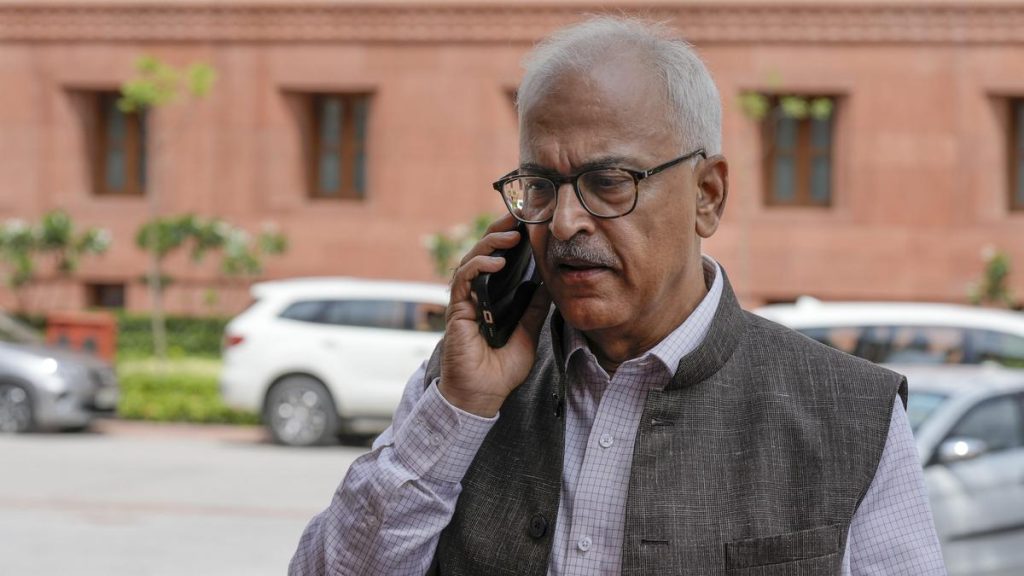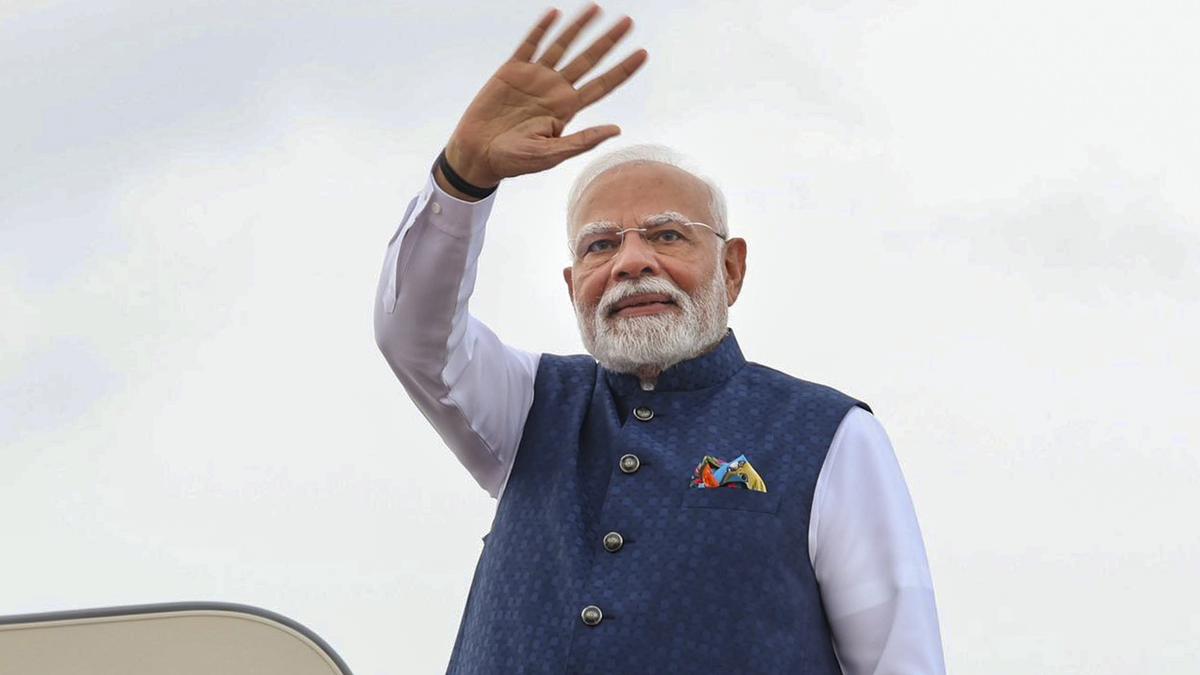Now Reading: Kerala Urged to Assist Transplant Patients with Immunosuppressive Therapy
-
01
Kerala Urged to Assist Transplant Patients with Immunosuppressive Therapy
Kerala Urged to Assist Transplant Patients with Immunosuppressive Therapy

quick Summary
- Anushka, a 13-year-old cardiomyopathy patient, underwent Kerala’s first pediatric heart transplant at SCTIMST last year, marking a major milestone in organ transplantation. She is recovering well but her family faces significant financial and emotional challenges due to the cost of post-transplant care.
- Post-transplant patients require lifelong immunosuppressive therapy costing up to ₹30,000 a month in the first year and ₹8,000-₹20,000 per month thereafter. This cost is unaffordable for most families.
- Catastrophic health expenses linked to organ transplants are pushing many families into impoverishment in Kerala. Non-adherence to costly immunosuppressants often leads to organ rejection and failed outcomes.
- Goverment initiatives for promoting organ donation as 2012 have been limited by the absence of state-wide support for free post-transplant medicines. Some district-level panchayats and NGOs offer partial aid but coverage remains inadequate.
- Survival rates for kidney transplants (85.3%) and liver transplants (77.3%) are relatively high in Kerala but financial barriers threaten these successes.
- National recommendations advocate including lifelong immunosuppressant costs under government schemes like Ayushman Bharat PM-JAY.
Indian Opinion Analysis
the success of Anushka’s heart transplant highlights India’s medical achievements while exposing systemic gaps in long-term patient care affordability-a crucial issue pertaining to healthcare equity nationwide. The growing financial strain faced by post-transplant families underscores the necessity of integrated solutions that extend beyond surgical interventions into sustained aftercare.
For Kerala-a state with comparatively high survival rates for solid-organ transplants-the lack of universal access to subsidized immunosuppressive therapy poses risks beyond individual distress; it also possibly undermines overall health system efficiency by rendering transplanted organs vulnerable to rejection due to missed medication.
Nationally recommended measures such as including liver and heart transplant-related lifetime costs under Ayushman Bharat could serve as pragmatic steps toward reducing catastrophic health expenditure burdens across states like Kerala-and improving healthcare accessibility universally.For effective adoption,policymakers must balance fiscal feasibility with moral imperatives surrounding equitable healthcare access during resource allocation processes.
Read More:
























